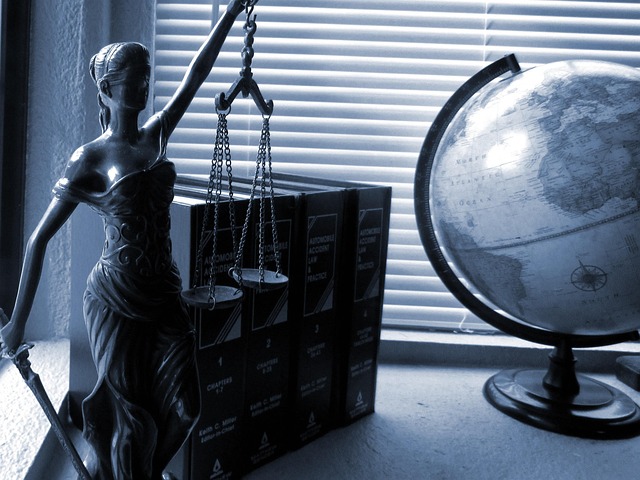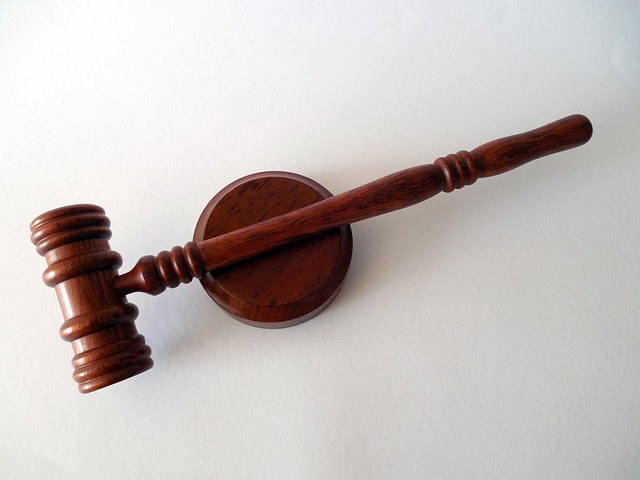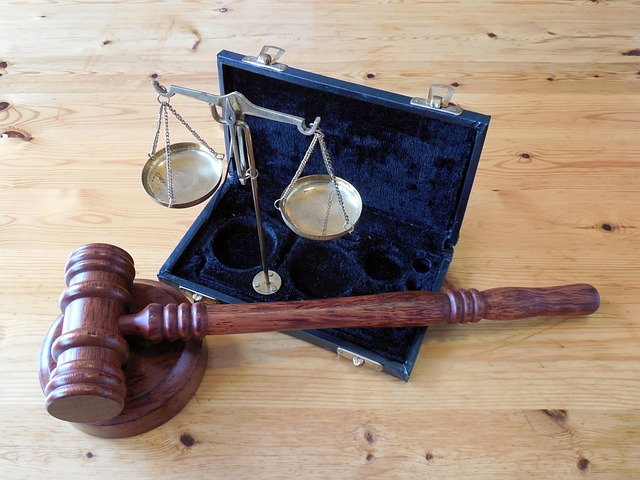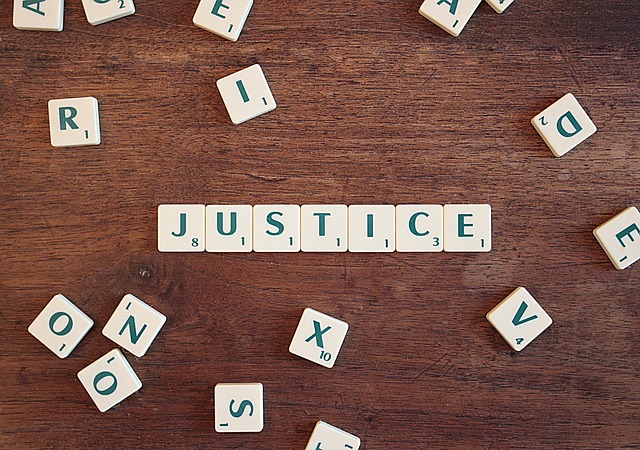Navigating Complex Securities Litigation Regulations is crucial in Environmental Crime Trials, where understanding diverse federal, state, and international laws challenges prosecutors and defendants alike. Defense victories rely on strategic legal maneuvering, while convictions hinge on meticulous evidence presentation and expert testimony. Effective navigation of these regulations ensures proper prosecution, deterring misconduct and promoting corporate responsibility for environmental standards.
Navigating complex environmental crime trials requires a deep understanding of jurisdiction and the unique challenges posed by these cases. This article explores crucial aspects of prosecuting eco-crimes, from uncovering intricate litigation obstacles under various regulations to leveraging key evidence and expert testimony. We delve into the enforcement mechanisms, penalties, and precedent-setting potential of such trials, providing insights essential for legal professionals navigating this demanding field.
- Understanding Environmental Crime Jurisdiction
- Uncovering Complex Litigation Challenges
- Key Evidence and Expert Testimony
- Enforcement, Penalties, and Precedent Setting
Understanding Environmental Crime Jurisdiction

Navigating Complex Securities Litigation Regulations is a critical aspect of Environmental Crime Trials. These cases often involve intricate legal frameworks and regulations designed to protect the environment and hold perpetrators accountable. Understanding jurisdiction, which determines where and how these cases are tried, is paramount for both prosecutors and defendants alike. The complexity arises from the interplay of federal, state, and international laws, each with its own set of rules and penalties, making it a challenging yet essential area of expertise.
Winning challenging defense verdicts in such trials requires a deep understanding of these regulations. Defendants often employ strategies to avoid indictment by presenting robust defenses based on regulatory loopholes or procedural errors. Jury trials, where the fate of the case hangs in the balance, demand meticulous preparation and legal acumen to navigate these complexities effectively. Ultimately, success lies in interpreting the law accurately while crafting compelling arguments that resonate with the jury.
Uncovering Complex Litigation Challenges

Navigating Complex Securities Litigation Regulations presents unique challenges for both prosecutors and defendants in Environmental Crime Trials. These cases often involve intricate financial transactions, international jurisdictions, and a web of regulatory bodies with varying interpretations of laws. Uncovering the truth becomes a complex task, requiring extensive legal expertise and meticulous documentation.
Across the country, successful winning challenging defense verdicts have highlighted the importance of understanding these regulations. Jurors must sift through mountains of evidence to discern intent from technicalities, ensuring justice without getting bogged down by the complexity. It demands strategic legal maneuvering, effective communication of technical concepts, and a deep understanding of environmental laws and their intersections with financial markets.
Key Evidence and Expert Testimony

Navigating Complex Securities Litigation Regulations plays a pivotal role in Environmental Crime Trials. Key Evidence includes documented transactions, financial records, and any communications related to the alleged crimes. These documents are crucial for establishing links between defendants and their actions’ environmental impact. Expert testimony also forms a substantial part of these trials, with scientists and economists offering insights into the ecological damage caused and its economic implications. This helps the jury understand the severity of the crimes and makes informed judgments.
Throughout all stages of the investigative and enforcement process, effective use of evidence and expert opinions is essential for securing convictions in Environmental Crime Trials. Lawyers represent their clients by meticulously presenting this evidence to the court, ensuring a comprehensive and compelling case that resonates with both the judge and the jury.
Enforcement, Penalties, and Precedent Setting

Navigating Complex Securities Litigation Regulations presents unique challenges when addressing environmental crimes. Enforcement agencies must wade through intricate legal frameworks to ensure proper prosecution. The complexity arises from the diverse range of regulations that govern environmental protection, each with its own set of penalties and compliance requirements. This maze of rules demands a strategic approach, particularly when pursuing cases involving large corporations or multinational businesses.
Penalties for environmental crimes can vary widely, from substantial fines to asset forfeiture and even imprisonment. The severity of punishment sets important precedents, influencing future behavior across the country. Successful prosecutions not only deter similar misconduct but also send a powerful message about the importance of upholding environmental standards. This collective impact is crucial in fostering a culture of corporate responsibility, where respective businesses prioritize sustainability and accountability.
Environmental crime trials present a unique challenge in navigating complex securities litigation regulations. By understanding jurisdiction, uncovering intricate litigation issues, leveraging key evidence and expert testimony, and enforcing stringent penalties, these cases can set significant precedents for future environmental protection efforts. As we’ve explored the intricacies of jurisdiction, challenges, evidence, and enforcement, it’s clear that addressing environmental crimes requires a meticulous approach to justice – one that reflects the gravity of their impact on our planet.






